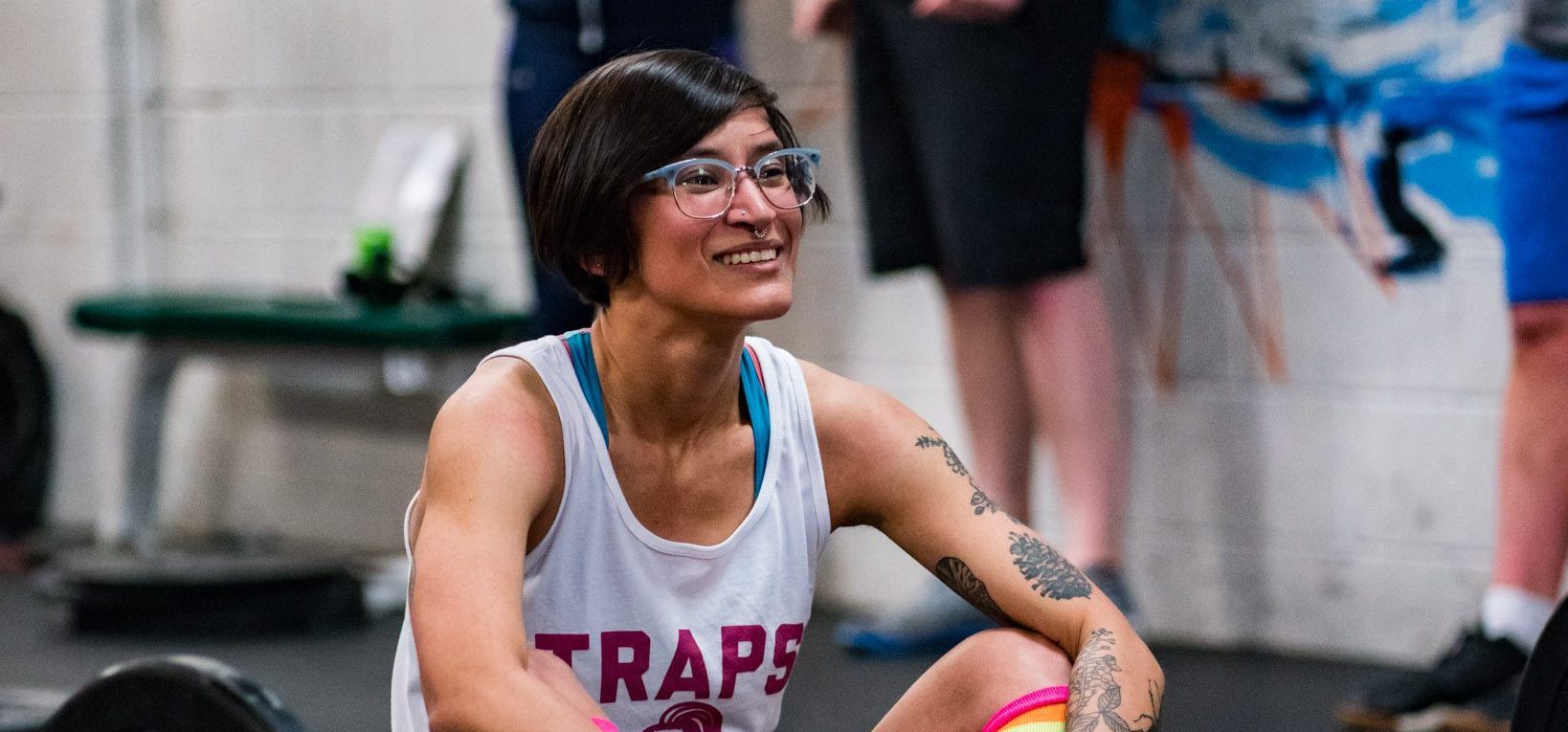 Growing up, I was always acutely aware of the space my body took up. I dreaded my annual doctor’s appointment, where I would be lectured yet again on how I needed to exercise more. I felt like an anomaly among the women in my family, who were all so enviably small. I took solace in being a high achiever academically; sure, I may have come last in our gym class’s mile run, but at least I was the captain of the middle school mathlete team (the social capital that got me, I tell ya). Despite my commitment to being a self-identified nerd, more than anything, I wanted to be smaller.
Growing up, I was always acutely aware of the space my body took up. I dreaded my annual doctor’s appointment, where I would be lectured yet again on how I needed to exercise more. I felt like an anomaly among the women in my family, who were all so enviably small. I took solace in being a high achiever academically; sure, I may have come last in our gym class’s mile run, but at least I was the captain of the middle school mathlete team (the social capital that got me, I tell ya). Despite my commitment to being a self-identified nerd, more than anything, I wanted to be smaller.
It wasn’t until I was living on my own after college that I started taking the idea of weight loss seriously. I downloaded a calorie counting app, joined a local gym, and went to town. Every day after work, I would head to the gym, park myself on an elliptical, and stay there for an hour or more. Within a few months, I had lost 15 pounds, and I was ecstatic! Just 5 more pounds, I told myself, and then I would be satisfied. I’m sure you can imagine what happened next: those 5 pounds came off, and I was still not satisfied. Maybe 5 more pounds would do the trick? Soon, the amount of time I spent at the gym was dictated by how much I had eaten that day. One hour at the gym turned into 2, which turned into going before AND after work. I cancelled plans with friends in order to exercise whenever I could, and when I couldn’t, I felt extremely anxious. It finally dawned on me that I might be taking things too far when I was so lightheaded, I collapsed after getting off the elliptical.
I started seeing a therapist, which was when I was diagnosed with atypical anorexia; compulsive exercise is often a symptom of this disorder. I avoided exercise of any kind for a couple years after my ED diagnosis in order to focus on my relationship with food. But eventually, with the support of my therapist, I felt ready to revisit my relationship with physical activity. I knew cardio machines were a trigger for me and something I had to avoid; my therapist suggested strength training instead.
With the kind of history that I have, I’m always cautious when I enter a new fitness space. What kind of messaging are they putting out? Are the instructors going to remind me of the impending “beach season” during class? While some people might consider these minor annoyances, to me, avoiding this rhetoric is important to maintaining my physical and mental health. This is exactly what drew me to Solcana – their social media featured athletes of all sizes and abilities. And I can confidently say, after being a member here for over a year, Solcana does more than talk the talk.
 The first thing I noticed when walking into Solcana was the complete lack of mirrors, and for a moment, I panicked. How would I know if I was lifting correctly? And more importantly (in my mind, anyway), how would I know if I looked like a complete fool to everyone around me? The answer, it seemed, was the same answer I was working toward in my ED recovery: trust your body. Trust your coaches to keep you safe. Trust that no one is criticizing you as much as you’re criticizing yourself.
The first thing I noticed when walking into Solcana was the complete lack of mirrors, and for a moment, I panicked. How would I know if I was lifting correctly? And more importantly (in my mind, anyway), how would I know if I looked like a complete fool to everyone around me? The answer, it seemed, was the same answer I was working toward in my ED recovery: trust your body. Trust your coaches to keep you safe. Trust that no one is criticizing you as much as you’re criticizing yourself.
I remember after completing my first workout at Solcana, I was overwhelmed with how accomplished I felt. All those days working on an elliptical, I’d only ever felt defeated, disappointed in myself for not working longer or harder; never once had I felt that sense of pride in myself. Was this how you were supposed to feel after exercise? Why had it taken me so long to acknowledge the strength my body possessed? I had spent so long using exercise as a form of punishment. Solcana helped me reframe my understanding of exercise as a celebration of what my body was capable of.
These days, my goals don’t revolve around weight loss. I want to get stronger. I want to do a bodyweight bench press. I want to be able to finally get an unassisted pull-up. There’s a good chance that pursuing these goals will result in weight gain; some days, that’s harder for me to accept than others. I would be lying if I said I was “recovered” from my ED, because I don’t think there is a terminal endpoint in recovery. But I have more faith than ever that I’m on the right path, and I have the Solcana community to thank for a large part of that.


